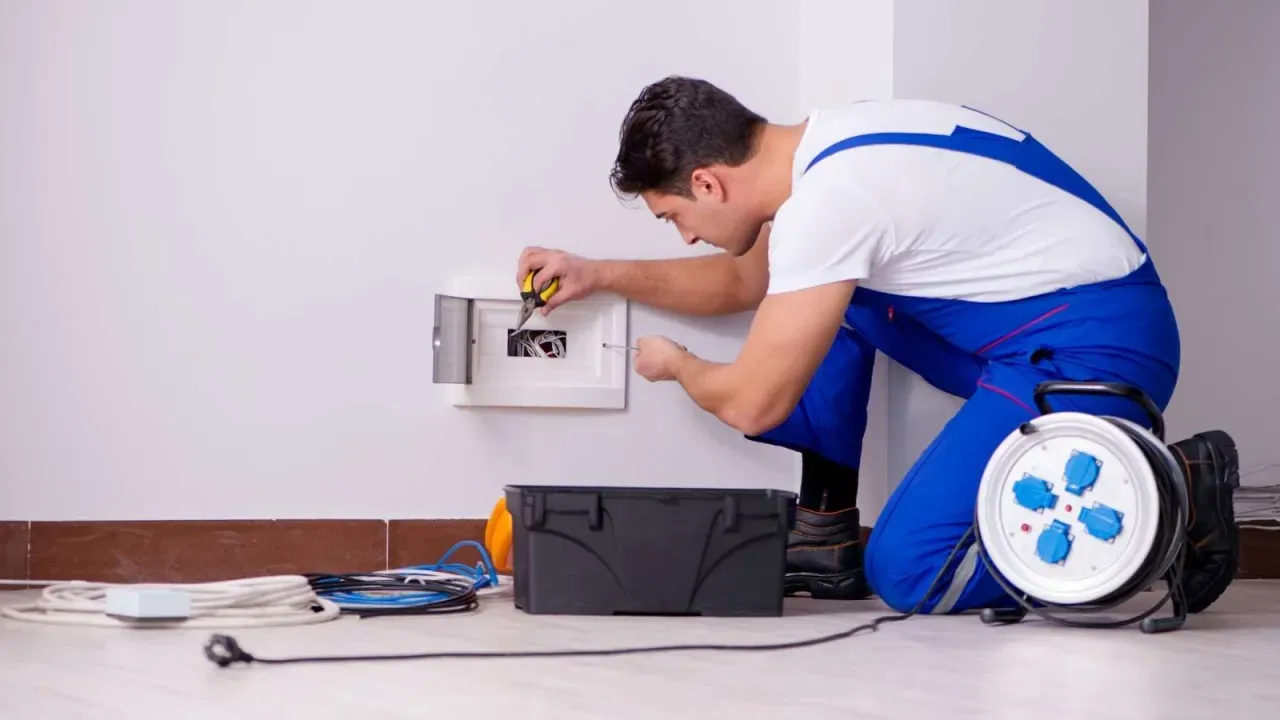How to Manage Home Improvement Costs: Budgeting for Repairs and Unexpected Expenses
The Importance of Managing Home Improvement Costs
Homeownership comes with its fair share of responsibilities, including maintaining and improving your property. Properly managing home improvement costs is essential to avoid financial strain and keep your home in top condition.
The target keyword, "manage home improvement costs", resonates with homeowners who want practical advice on balancing necessary repairs, upgrades, and financial planning. Whether you're dealing with planned renovations or surprise repairs, this guide will help you create a sustainable budgeting strategy.
By the end of this article, you’ll gain valuable insights into effective budgeting techniques, prioritizing repairs, and preparing for unexpected expenses, ensuring your home remains a source of pride and comfort.
Understanding the Financial Scope of Home Improvements
What Makes Up Home Improvement Costs?
Home improvement costs generally include routine maintenance, necessary repairs, and aesthetic upgrades. From fixing a leaky roof to modernizing your kitchen, these expenses can add up quickly.
- Routine Maintenance: Regular upkeep, such as HVAC servicing, gutter cleaning, and landscaping.
- Necessary Repairs: Addressing issues like plumbing leaks, foundation cracks, or appliance malfunctions.
- Aesthetic Upgrades: Adding value to your home through remodeling or redecorating.
Effective Budgeting Strategies for Home Repairs
Create a Dedicated Home Maintenance Fund
Setting aside a specific amount each month for home repairs ensures you’re financially prepared for both planned and unplanned expenses. Experts recommend saving 1% to 3% of your home's value annually.
- Example: For a $300,000 home, saving $3,000 to $9,000 annually can cover a range of maintenance needs.
Prioritize Repairs by Urgency
When multiple repairs arise, it’s essential to prioritize. Focus on structural or safety-related issues first, such as electrical problems or roof leaks, before addressing cosmetic updates.

Research Costs and Get Multiple Quotes
Before committing to a repair or improvement, research local costs and obtain at least three quotes. This ensures you get quality work at a fair price.
Preparing for Unexpected Expenses
Anticipate Emergency Repairs
Unexpected repairs, like a burst pipe or a broken HVAC system, can derail your budget. Planning for emergencies by allocating extra funds reduces stress when these situations arise.
- Practical Tip: Keep at least $5,000 in a liquid emergency fund specifically for home repairs.
Consider Home Warranty Coverage
A home warranty plan can provide financial protection for major appliances and systems. While not a substitute for savings, it can offset significant repair costs.
Cost-Effective Tips for Managing Home Improvement Projects
DIY for Simple Repairs
For smaller projects, like painting walls or replacing cabinet handles, consider doing it yourself to save on labor costs. Just ensure you have the right tools and skills.
Use Energy-Efficient Upgrades
Investing in energy-efficient appliances or insulation can reduce utility bills over time, offsetting initial costs.
Plan Projects During Off-Season
Contractors and materials are often more affordable during the off-season (late fall and winter). Schedule major projects strategically to save money.
Tools for Tracking and Controlling Expenses
Leverage Budgeting Apps
Budgeting apps like Mint or YNAB can help you track home improvement expenses and adjust allocations as needed.
Keep Detailed Records
Maintain receipts, contracts, and warranties for all repairs and improvements. This documentation is invaluable for future reference and tax purposes.
Final Thoughts: Mastering Home Improvement Costs
Managing home improvement costs doesn’t have to be overwhelming. By setting realistic budgets, prioritizing urgent repairs, and preparing for unexpected expenses, you can maintain your property without financial stress.
Home maintenance is an ongoing responsibility, but with the right approach, it can be manageable and even rewarding. Share your own tips or questions in the comments below, and don’t forget to spread the word by sharing this article on social media!


